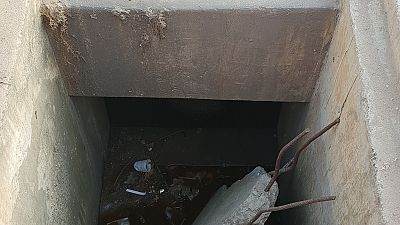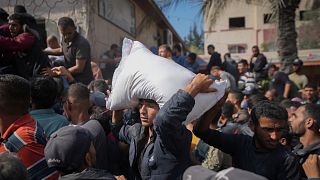Africa
“If you think you’re too small to make a difference, then try sleeping with a mosquito’’. An African proverb well said.
But what really explains the affinity mosquitoes have with African countries, biting like it’s no one’s business, inflicting dangerous illnesses and claiming millions of lives? Most of these lives are children under five.
A very tiny insect yet the most dangerous animals on planet earth, killing around the clock.
The insects are the primary vectors of diseases including Chikungunya, Malaria, encephalitis, yellow fever, elephantiasis, and dengue fever.
An estimated 700 million people are afflicted and 800,000 people are killed each year by all these diseases combined, according to global reports.
Scary figures yet the reality remains. Is it fair to blame a creature that needs a partnership deal before it can breed?. Dirt and stagnate water bodies survives it!
How have we been able to manage our drainage systems and garbage controls in Africa?
The situation
Over twenty people in Congo-Brazzaville are currently treated of the Chikungunya virus every day in its recent outbreak in early April 2019.
But hardly do you walk pass a long stretch in Congo’s city of Pointe-Noire without the sight of chocked drains and dangerously opened gutters with no concrete slabs, filled with waste and dirty water. A fertile breeding ground for mosquitoes.
Ghana’s capital Accra like many other African countries is no exception. Heaps of garbages and stagnant waters in the district capital and elsewhere. And when the rains come the bad drainage systems accumulates filth from one part of the country to the other, as though ‘boats on a cruise’.
It is so common to visit recreational centers or even attend social gatherings and see people loiter their surroundings carelesly. Today, the world is crying foul about the need to save our planet from plastic waste.
Wonder why whale et al are dying from plastic waste? Perhaps if you properly dispose waste when next you visit the beach, then we can be making headway.
Owning an uncompleted building in some parts of Africa is like owning a dumping site. Some people will swiftly turn it into a place to conveniently drop home waste and empty their stomach waste as well.
Way forward
Although some African countries like South Africa have raised the bar, and others are employing creativity and technology to recycle waste, a lot more needs to be done.
Mosquitoes find no human exceptional, no matter your race, or the part of the world you dwell; when you make conditions favorable, it will ‘bear your blood as though a blood relation ’.
African leaders must reinvest efforts in working with international partners and incorporating waste management as an important aspect of policy interventions.
Schools and parents must play their crucial role in ensuring children develop the habit of healthy living. Attitudes must change. It’s possible to live in a free and healthy Africa.













Go to video
Immunization at risk: Global health leaders urge action amid rising disease outbreaks
01:16
Africa mourns Pope Francis, a voice for peace and justice
01:14
ECOWAS Meets in Ghana to Tackle Member Withdrawals
Go to video
EU foreign ministers discuss Ukraine, Syria and EU-African relations in Luxembourg.
01:58
Latin American leaders urge unity amid U.S. trade and migration tensions
Go to video
Paris hosts the 4th edition of African Cinema Days featuring Côte d'Ivoire